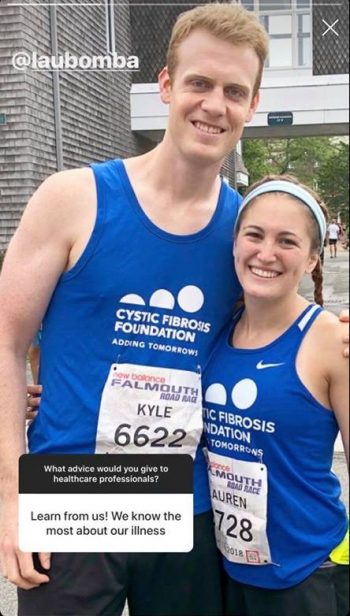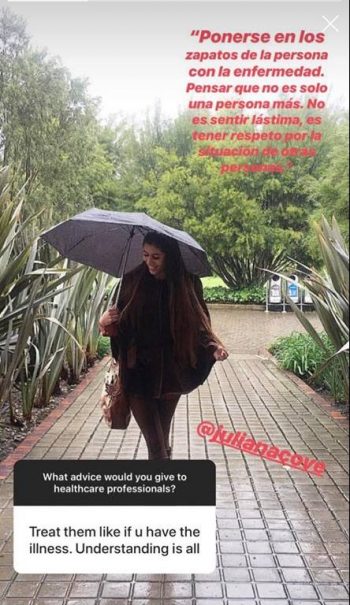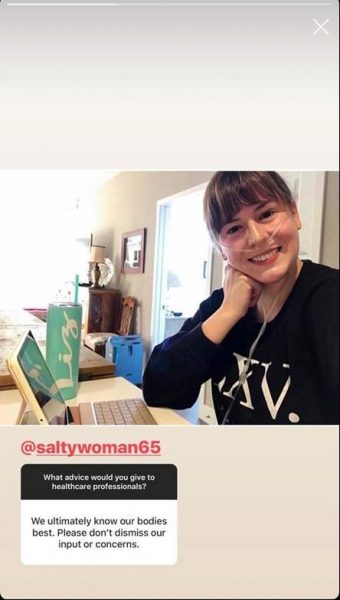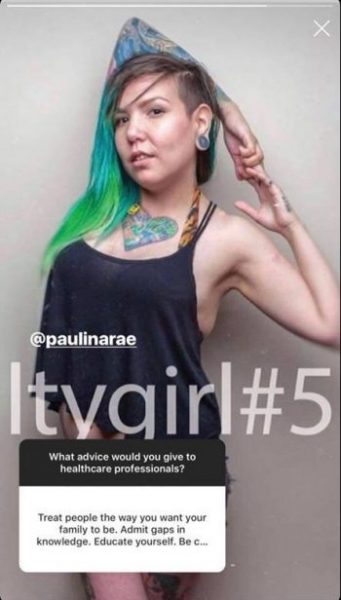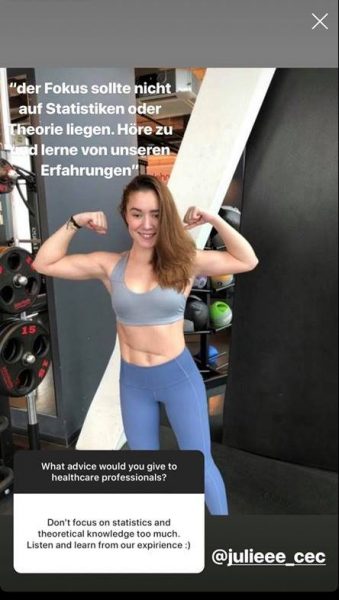What People with Cystic Fibrosis Want Their Doctors to Know
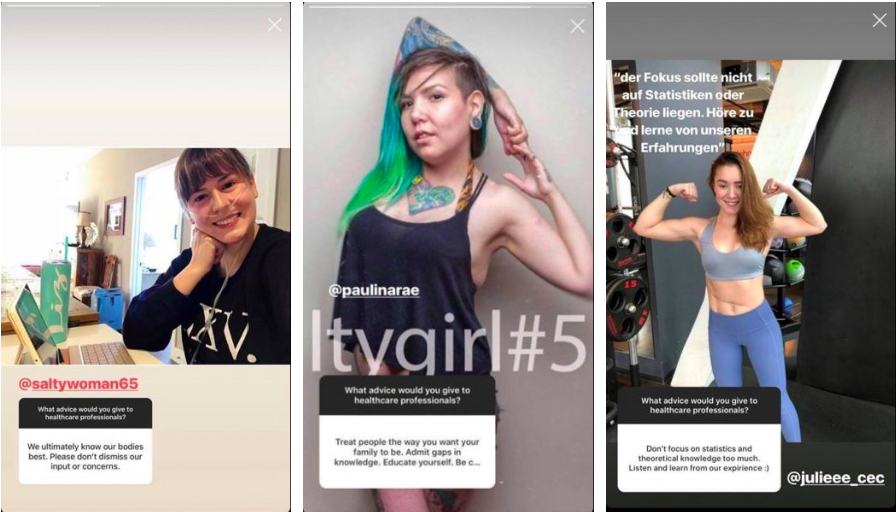
Healthcare professionals are unavoidable when dealing with chronic illnesses like cystic fibrosis. Our doctors and nurses are crucial to our health and often become like family, thanks to how regularly we see them. In the best case scenarios, through beautiful collaboration in treatment approach, a friendship can blossom. However, there can be times we come across healthcare professionals who don’t acknowledge us appropriately.
Cystic Fibrosis News Today reached out to the CF community to ask what they want healthcare providers to keep in mind when treating them.
Non-italicized answers are my own, as a person with CF. Italicized quotations were obtained via Instagram Story polling feature. Follow @CFNewsToday to participate in future surveys.
We’re multi-faceted
Cystic fibrosis is a huge part of a person’s life and the lives of those who love them, and it influences a lot of the things outside of health. People with CF are contributing people in society who have roles such as students, professionals, creators, parents, siblings, and friends. One role can be as influential as the other. It’s because of the roles I play that I devote so much attention to my health — to continue being a part of this world.
“I think it’s important for medical professionals to remember that many of us have lives outside of CF. We are professionals, parents, students, adventurers, athletes, volunteers, aunties and uncles, siblings, etc. CF is not who we are, just a part of our lives.” –Aimee Giselle
I’m the expert on my body
I’ve had this disease my entire life, and know the dynamics of the disease and the complexities unique to me. Because of this, I know my body, perception, and input is just as valuable and necessary as a doctor’s years in medical school and specialized training. One of the most empowering things a doctor can do is recognize me and give me room to ask questions, offer input, and ultimately create a collaboration between the two of us. In exchange, they can learn from me.
Everyone will be the patient, even doctors
Perhaps a person with CF is most often the patient, but it’s important to remember that no one is promised eternal health and eventually you (the doctor) will switch roles. Treat us the way you expect to be treated, or even the way you’d like your family to be treated. Often, that simply means showing compassion — that is perhaps the most human thing you can do.
“At some point, everyone will be the patient. Act with that in mind.” –Chris Kvam
Be human
I recognize you are the expert, and I look to you for answers, especially when things get chaotic. Sometimes that answer is complicated beyond what either of us could imagine. A doctor who relinquishes ego for the sake of a patient … yes. I have a lot of respect for the doctors who admit they don’t know something, but then chase curiosity by seeking out other options, specialists, and collaboration.
“Admit gaps in knowledge. Educate yourself.” –Paulina Meader
Put aside your assumptions
Perhaps the majority of people with CF don’t have M.D.s from some significant educational institution, but this doesn’t make us any less intelligent or incapable of understanding what is going on. However, often I feel like I have to mention my accolades and education to be treated with better attention and care. The thing is, no one should have to validate their worth, especially when it comes to how healthcare is handled.
“I was often talked to like a child. Once I explained to them that I was in med school (not anymore though), worked in a research lab, and have extensive medical knowledge, they treated me with more respect. We are more than our sickness.” –Rebecca Zedillo
We all have different ways of coping
It’s important to recognize that you chose to be here, whereas I don’t have a choice. Support from my care team can mean the world. I don’t mean they dictate how I should feel, but that they should acknowledge and validate my feelings. Sometimes that means connecting me to therapists.
“Having a doctor help us while being sensitive about how anxious this disease can make us is important.” –Lisa Agostoni
Other responses from the community
- “Sometimes we don’t feel like what our numbers say” –Winnie Reed
- “Treat their patients as if they were your own kids.” –Mason LeFleur
- “Treat/acknowledge the patient as an individual with respected feelings and emotions.” –Tiffany
- “Be compassionate and understanding of how hard things can be for someone sick.” –Tamara Jimison
***
Note: Cystic Fibrosis News Today is strictly a news and information website about the disease. It does not provide medical advice, diagnosis, or treatment. This content is not intended to be a substitute for professional medical advice, diagnosis, or treatment. Always seek the advice of your physician or other qualified health provider with any questions you may have regarding a medical condition. Never disregard professional medical advice or delay in seeking it because of something you have read on this website. The opinions expressed in this column are not those of Cystic Fibrosis News Today, or its parent company, Bionews Services, and are intended to spark discussion about issues pertaining to cystic fibrosis.




